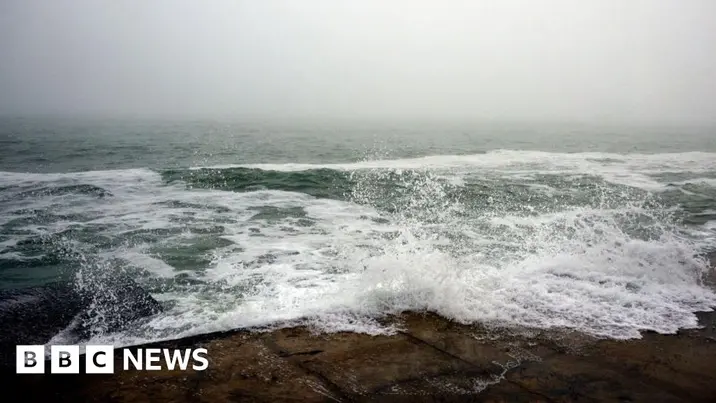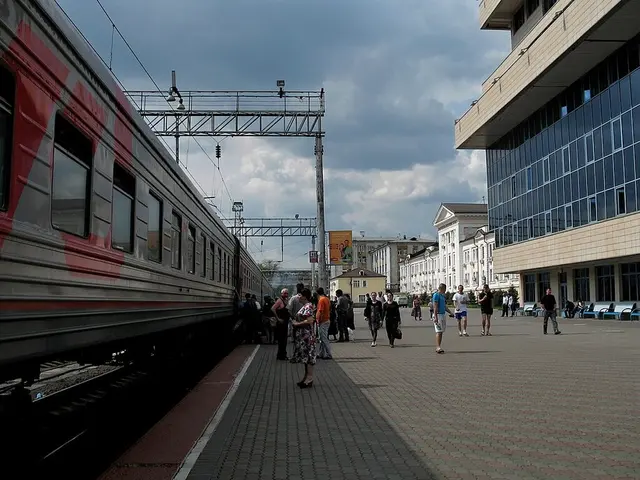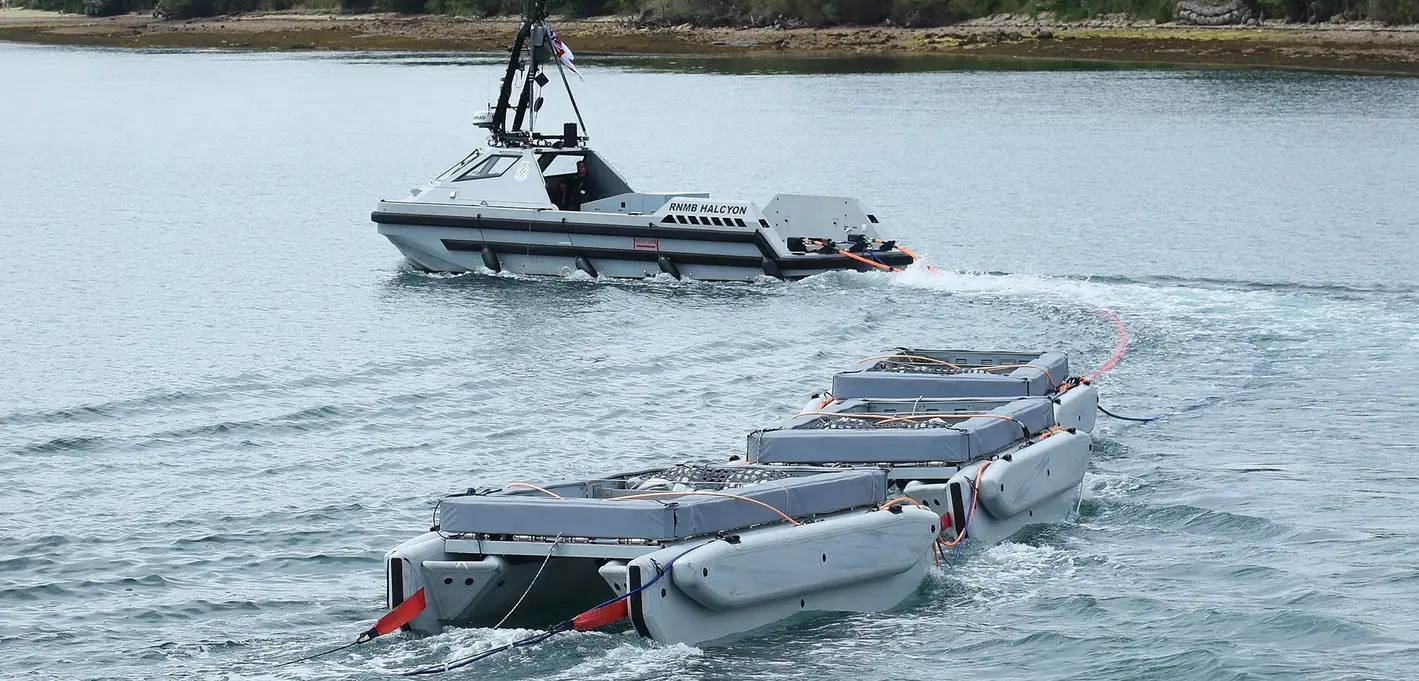T4K3.news
Three swimmers killed by sea mines near Odesa
Three people died after entering mine risks along the Black Sea coast near Odesa; beaches near Zatoka remain closed.

Three swimmers were killed by explosive devices on beaches near Odesa where swimming is banned, underscoring persistent mine dangers in the Black Sea.
Three swimmers killed by sea mines in Odesa
Two men and one woman died after entering waters near Odesa, according to Ukrainian media. The fatalities occurred at beaches close to Zatoka where recreational swimming is prohibited due to the risk of sea mines. The Black Sea coast has long drawn visitors, but warnings and bans have remained in place since Russia expanded the conflict.
Officials confirmed the deaths were caused by explosive devices and urged the public not to swim in restricted waters. The incident illustrates how war continues to affect civilian safety and highlights the need for clear minefield maps and timely alerts for beachgoers.
Key Takeaways
"Three swimmers were killed by sea mines"
Reported by Ukrainian media
"Please stay out of prohibited waters"
Local official urging caution
"The mine threat shows how conflict reaches the coast"
Editorial assessment
This tragedy shows how war reaches everyday life in the region. Safe beaches are essential for local recovery, but mine risk complicates reopening efforts. It also raises questions about how authorities communicate danger and the speed of mine clearance.
The episode points to broader policy questions: how to balance access with safety on busy coastlines, how to fund and accelerate mine clearance, and how to sustain tourism when warnings persist. The public will judge officials by whether warnings translate into concrete protection and faster clearance.
Highlights
- The sea here is not a playground for everyone
- Warnings exist to save lives not to spoil plans
- Public warnings deserve public trust
- Safety rules are lifelines when danger is real
Casualties in mine zones raise safety concerns
The killings on the Black Sea coast highlight ongoing mine risks from the war in Ukraine. Prohibited zones and frequent warnings are not enough without rapid mine clearance and clear public guidance.
Safety must come before convenience as the coast seeks to heal
Enjoyed this? Let your friends know!
Related News

Trump signals peace talks with Russia ahead of Alaska summit

Ukraine targets Moscow and Rostov rail systems

Call of Duty Season 5 Goes Live Tomorrow

Health risks grow for wild swimmers in the UK

Kremlin presses Donetsk surrender in ceasefire offer

Europe to fund Ukraine defense continues

Royal Navy re-establishes minesweeping capabilities

Israeli airstrikes kill 21 in Gaza as hunger crisis escalates
